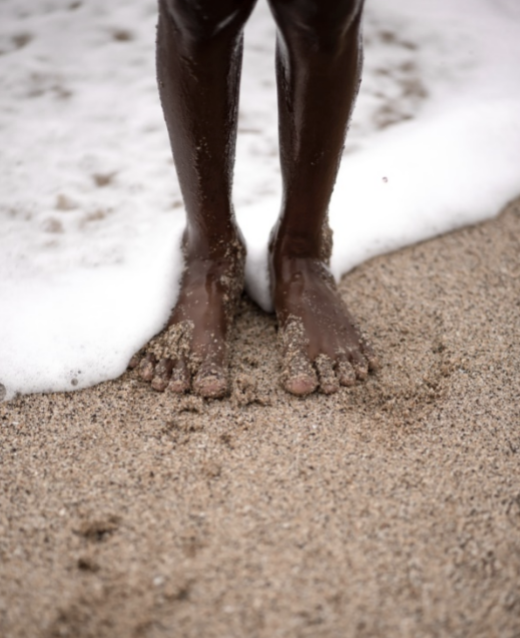The 8th International Research Conference on “Sustainable Development and Education”, will take place on the 26th – 27th of August 2021. This annual international conference on Responsible Research and Innovation (RRI) in Education started in 2015, it has on average 6,000 members and brings together thousands of attendees and more than 100 delegates.
In recognition of the exceptional challenges facing researchers during the global pandemic, the Conference Organisers have decided to waive-off the registration fee of this fully online event.
Topic areas we are particularly interested in (but not exclusively committed to) include:
Management, Lifelong Learning, Socio-political policy and its impact on learning opportunities and outcomes, Targeted education for sustainable development, Economic and social impact of education, Planning and provision for ‘the new normal’, Future learning paradigms and implications, Technology impacts in Education settings (e.g. Technology driving education driving technology) and Education research.
As a first step, potential contributors should provide an Abstract (400 words) outlining the research concept, focus, process and any anticipated (or actual) outcomes to the email: Conference.2021@lsme.ac.uk.
All contributions are peer-reviewed and considered on merit for inclusion in the conference programme and an e-Certificate will be issued.
Registration opens on Wednesday 31st March 2021 with a final deadline for submission of Abstracts on 17th May at 23.59.
The objectives of the conference are:
- To provide an inclusive platform fostering an active community of researchers collaborating on issues of social significance and societal concern.
- To advance the principles and practices of Responsible Research and Innovations (RRI) in support of researchers at all stages of their research journey.
- To provide an open and accessible mechanism for sharing creative contributions to the research agenda across various subject matter and discipline areas.
In the previous conference, six studies explored the value of fun and enjoyment as well the importance of engagement for learners to develop confidence, interest, emotional awareness, deal with fear, increase motivation and prevent misbehaviour. These studies developed in Brazil, India and Maldives explored Augmented Reality, Epistemic Views, Motivation, Confidence and Misbehaviour Prevention.
Costa(2020) explored augmented reality applied to STEM with teachers, researchers, and students from nine schools in Brazil. Finding shows that the majority of students enjoyed activities with augmented reality. Students were very motivated, found learning fun and were willing to use AR in other disciplines. Teaching staff and students considered that AR application supported learning of abstract concepts through an engaging visual environment with interactive activities.
Jabeen(2020) discussed xenoglossophobia, a growing issue in Indian society for Indian students. The main purpose of this study was to explore the psychological state of the self-esteem of the students with their motivation and attitude towards learning English as a second language. Previous studies show that emotional and social factors affect students’ learning outcomes. Emotional health and social well-being have been measured in terms of self-esteem, coping tactics, affective states and optimism including enjoyment.
Khaleel (2020) examined the characteristics of teacher preventing misbehavior of students in classroom in an early secondary grade in male’, maldives. The findings showed there is no significant difference between teachers’ and students’ perception of the importance of ethical disciplining and interpersonal characteristics of the teacher, however, there was a significant difference between the perceptions of pedagogical characteristics in preventing misbehaviour. Various authors highlight that students lack of interest affects their learning negatively, it is likely that they will misbehave when they are bored. it appears The lack of fun can have deleterious effects on participation and the meaningfulness of a learning experience.(Beni et al 2017).
Moura (2020) introduced an exploratory study in development, which examined women’s views on the types of violence during COVID-19 in Brazil. Preliminary findings supported the development of an open education project – Digital Angels – for rural women to access information on domestic violence, to use social networking resources and to enjoy online learning with fun to increase their confidence .
Mishra (2020) focused on the need to uncover the diversity in emotional intelligence training across varied population groups in India to promote training programs in secondary schools. According to Rantala, T., & Määttä (2012) traditionally emotions have been kept separate from learning so when does the fun start? Emotions come forward at the beginning of the learning process.
Okada (2020) presented a mixed-method study about the value of fun in learning with 190 participants from Brazil during the pandemic. Findings revealed that fun in online learning is essential for most students (99%). Approximately 44% mentioned that fun in learning means well-being, 30% self-improvement, 20% achievement, 6% motivation, 3% fun with friends, and 1% pause for distraction. Nobody considered fun as a waste of time. The principal component analysis revealed 3 groups: (1) socio-constructivist emancipatory learning with fun; (2) transmissive learning with fun that humpers learning and (3) constructivist learning without fun. This work expanded a previous study developed in the UK(Okada & Sheehy, 2020)
More information about the Conference at:
References
Bennedsen, J., & Caspersen, M. E. (2008). Optimists have more fun, but do they learn better? On the influence of emotional and social factors on learning introductory computer science. Computer Science Education, 18(1), 1-16.
Beni, S., Fletcher, T., & Ní Chróinín, D. (2017). Meaningful experiences in physical education and youth sport: A review of the literature. Quest, 69(3), 291-312.
Costa (2020) Augmented Reality to Enhance High School Learning Proceedings of the 7th LSME International Conference 19th – 20th of August 2020
Jabeen(2020) Analysing xenoglossophobia among the indian students. Proceedings of the 7th LSME International Conference 19th – 20th of August 2020
Khaleel (2020) The characteristics of teacher preventing misbehavior of students in classroom in an early secondary grade in male’, maldives. Proceedings of the 7th LSME International Conference 19th – 20th of August 2020
Mishra(2020) Emotional intelligence in adolescents – present scenario and future prospects. Proceedings of the 7th LSME International Conference 19th – 20th of August 2020
Moura (2020) Empowering Women Through Information and Communication Technologies to Combat Violence. Proceedings of the 7th LSME International Conference 19th – 20th of August 2020
Okada (2020) OLAF – Online learning and fun to increase enjoyment and retention in higher education. Proceedings of the 7th LSME International Conference 19th – 20th of August 2020
Okada, A., & Sheehy, K. (2020, December). Factors and Recommendations to Support Students’ Enjoyment of Online Learning With Fun: A Mixed Method Study During COVID-19. In Frontiers in Education (Vol. 5, No. 1).
Rantala, T., & Määttä, K. (2012). Ten theses of the joy of learning at primary schools. Early Child Development and Care, 182(1), 87-105

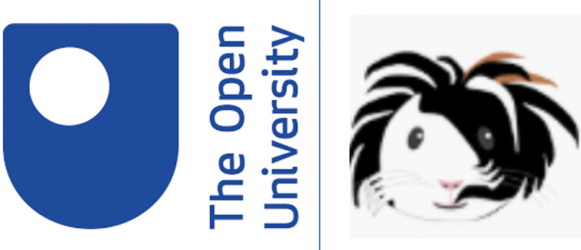
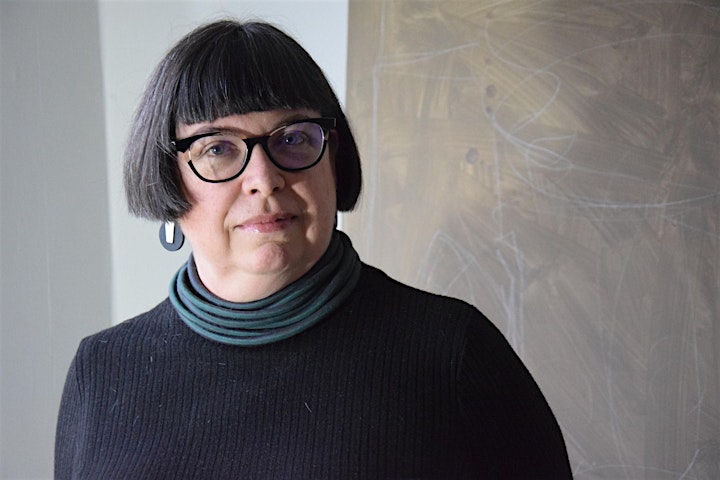
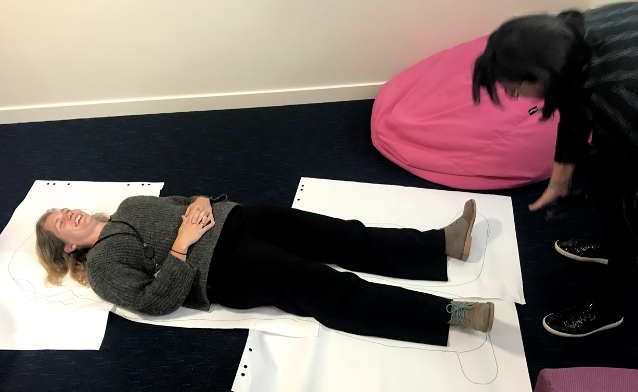
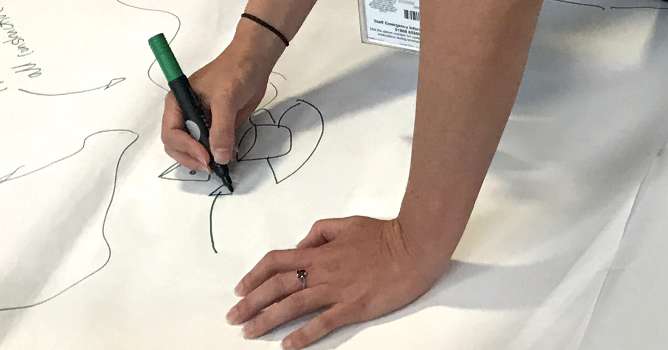
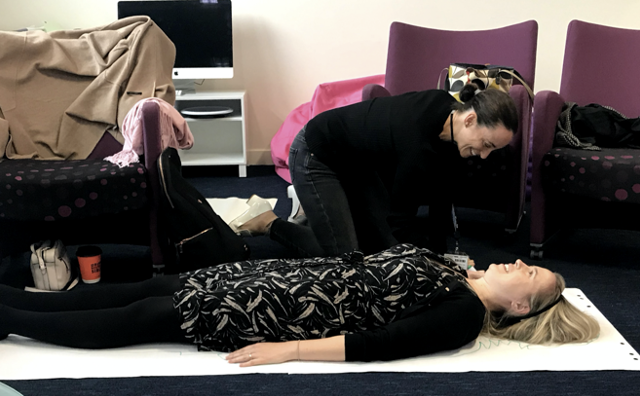
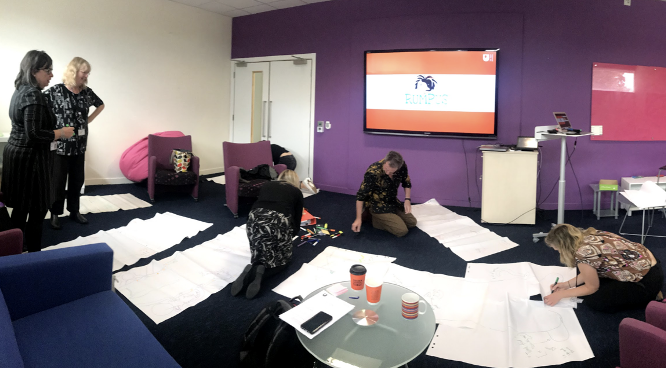
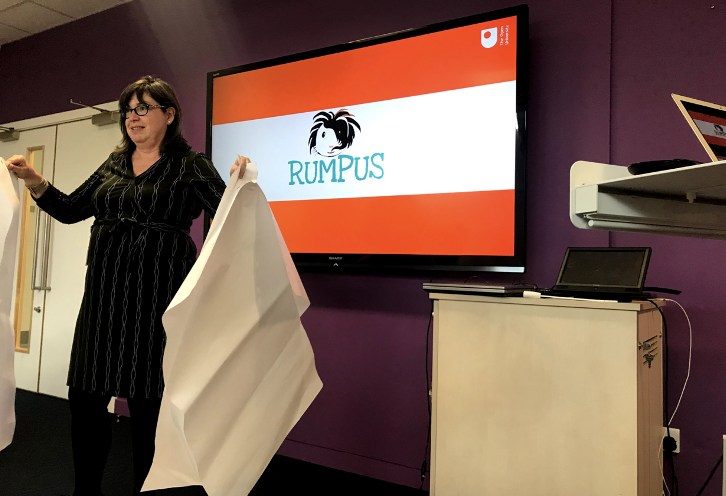
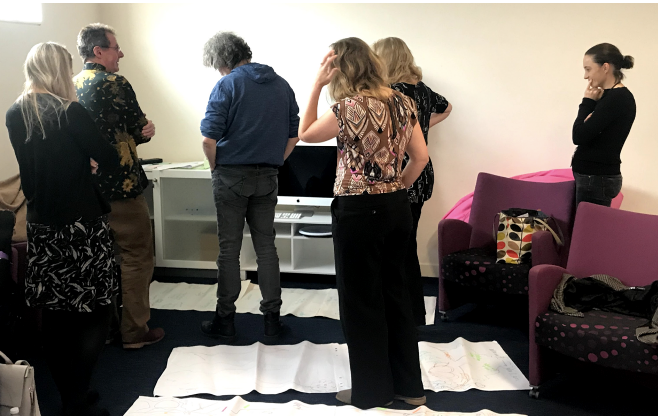
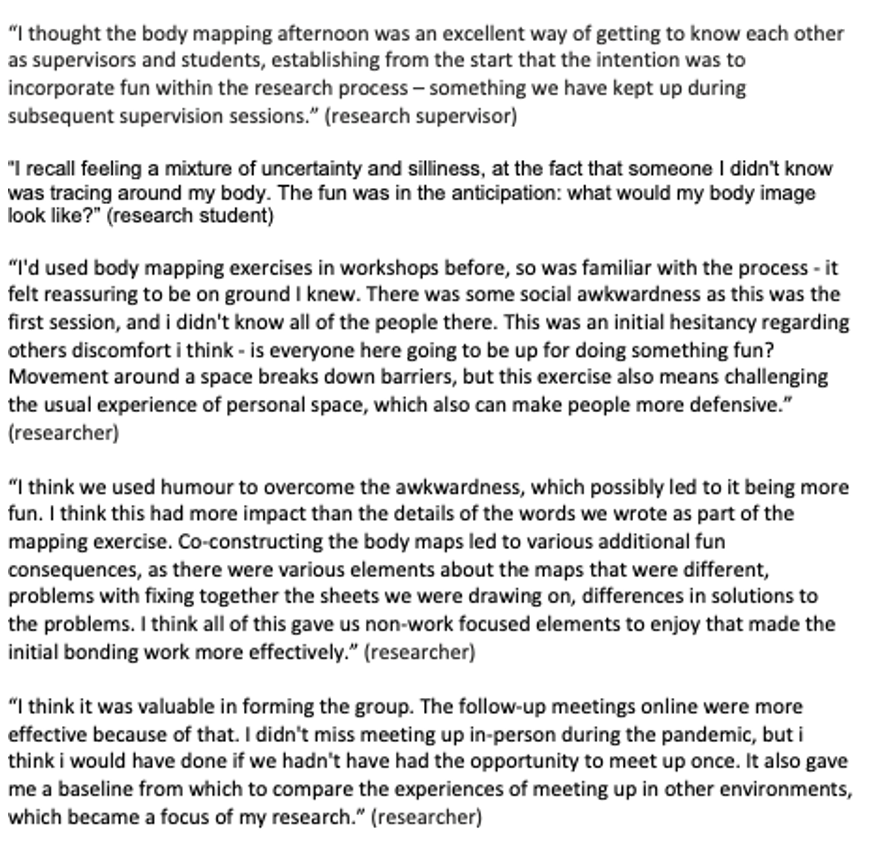
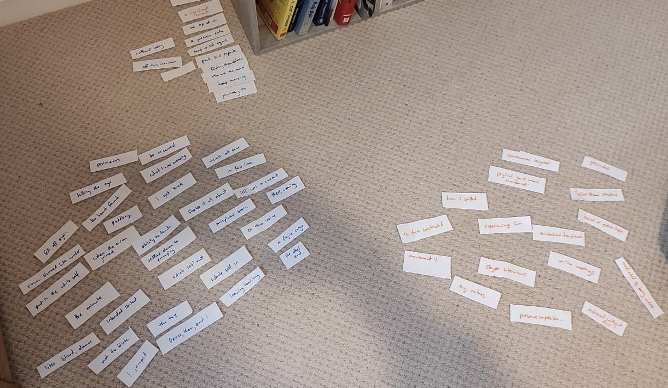
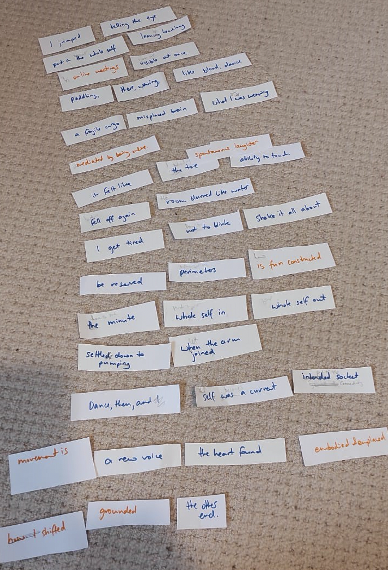
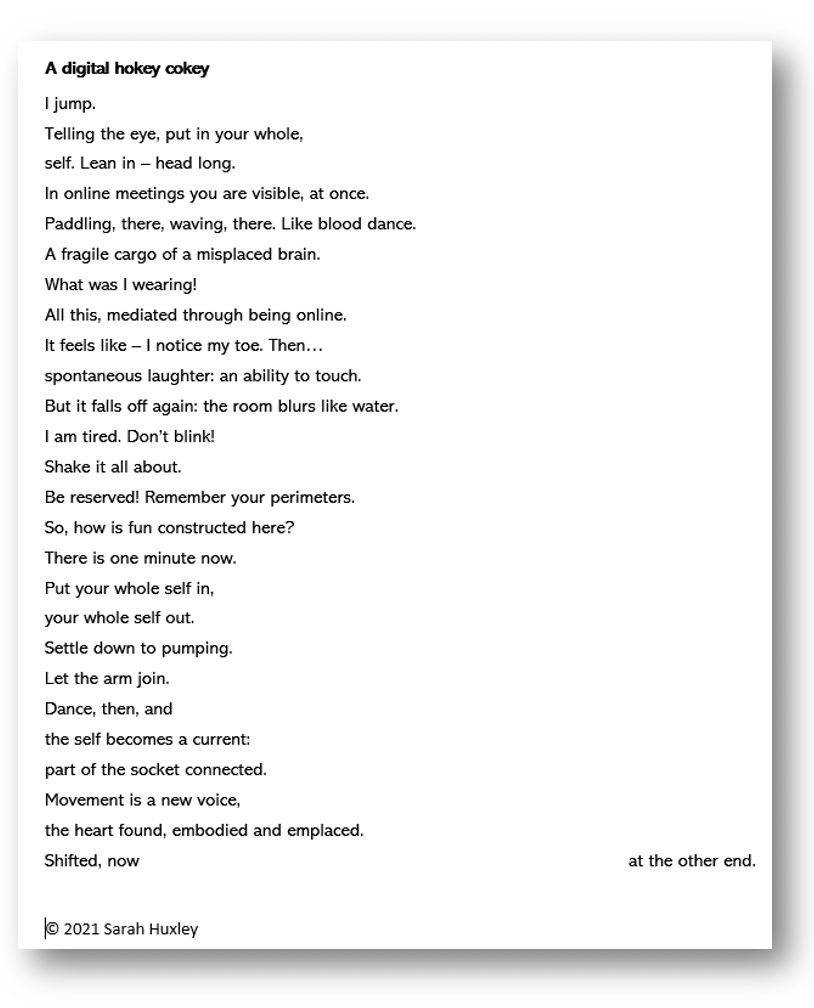 Figure 1: A digital hokey cokey by Sarah Huxley
Figure 1: A digital hokey cokey by Sarah Huxley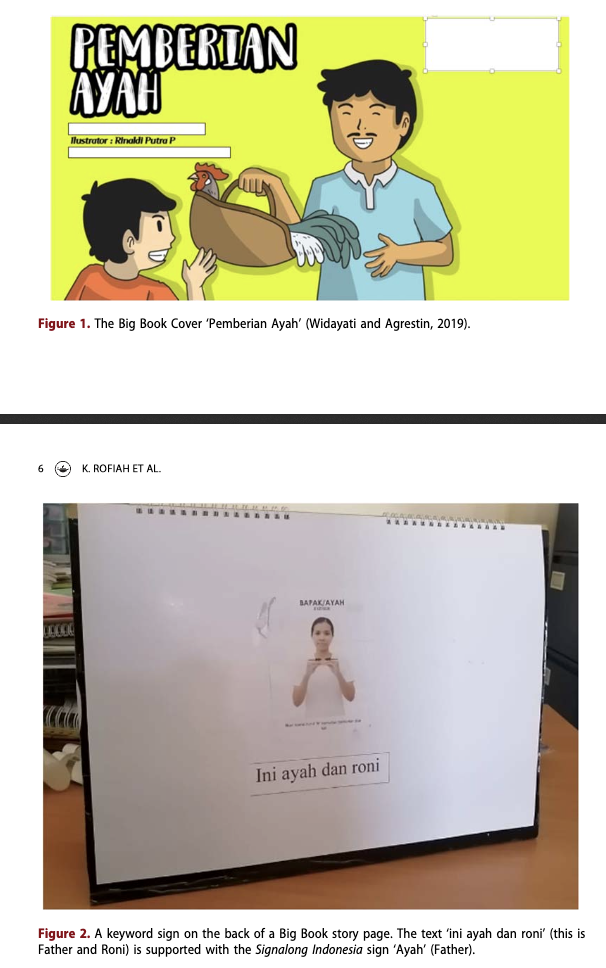 http://oro.open.ac.uk/78253/1/78253.pdf
http://oro.open.ac.uk/78253/1/78253.pdf
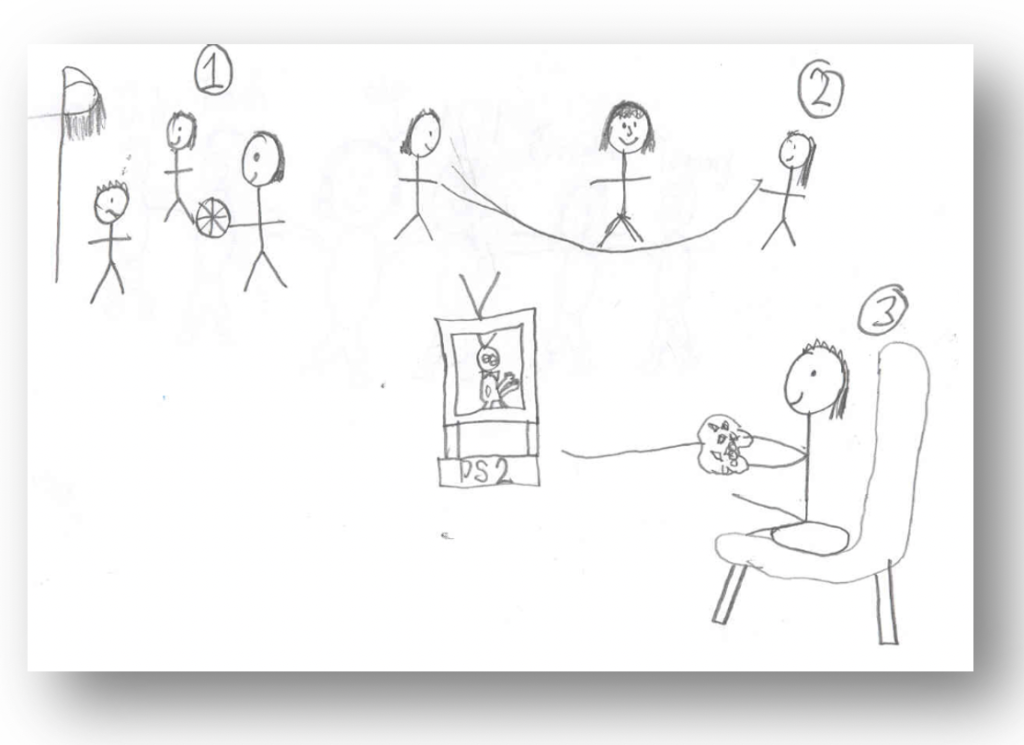
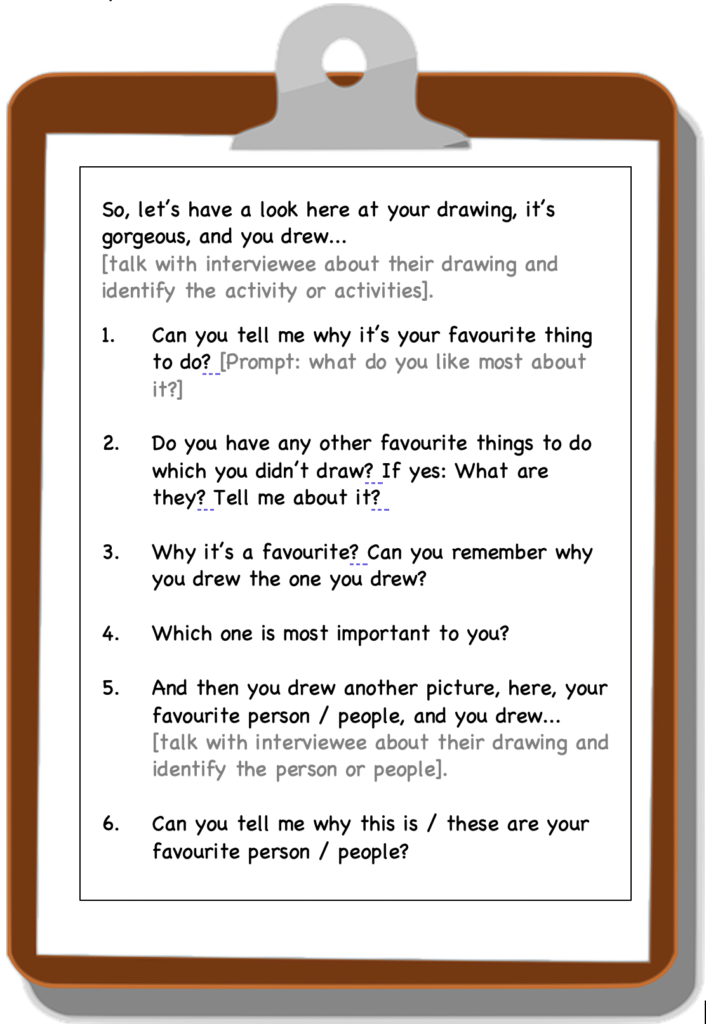
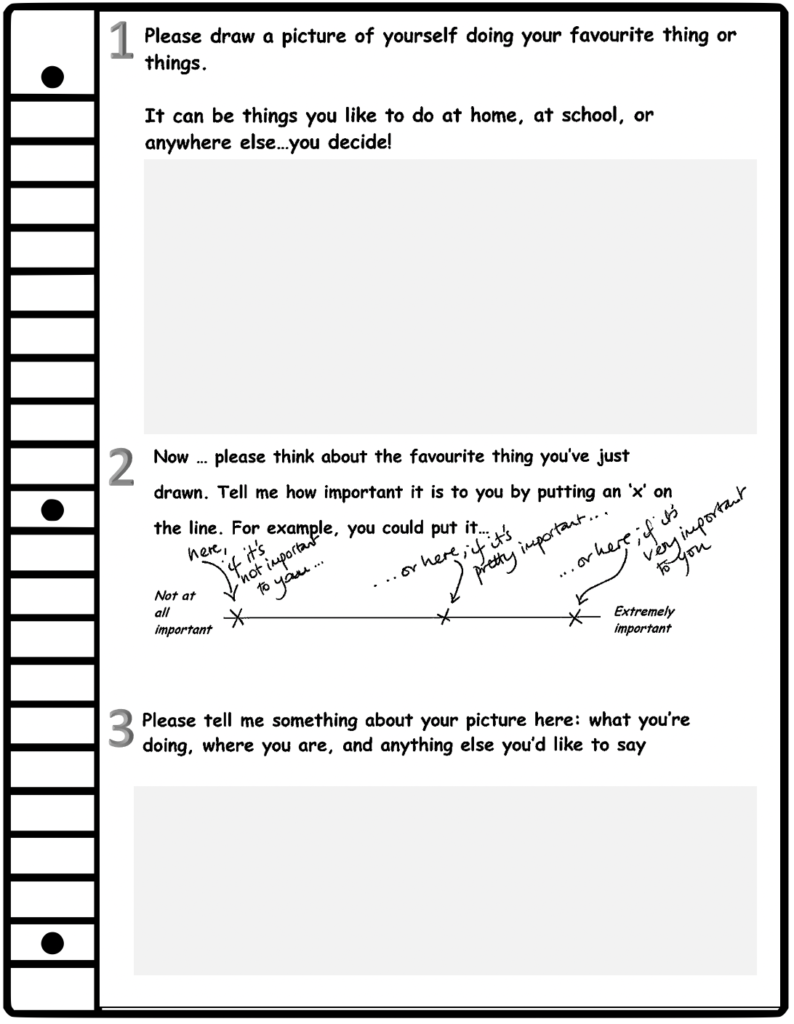
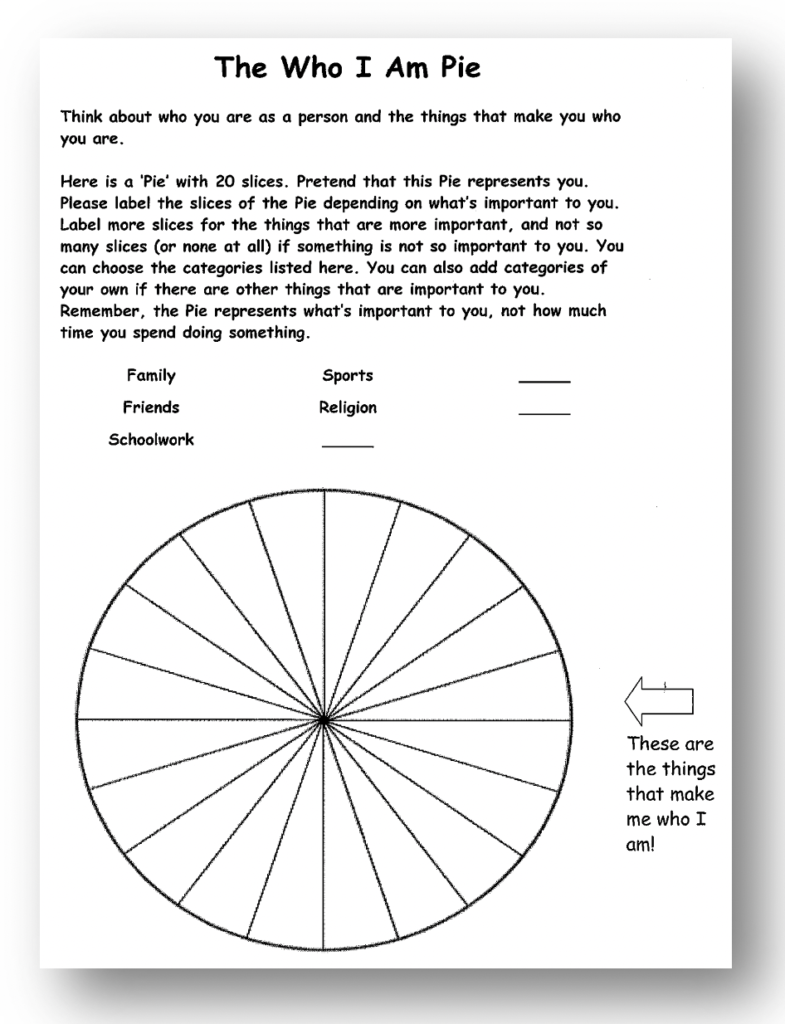
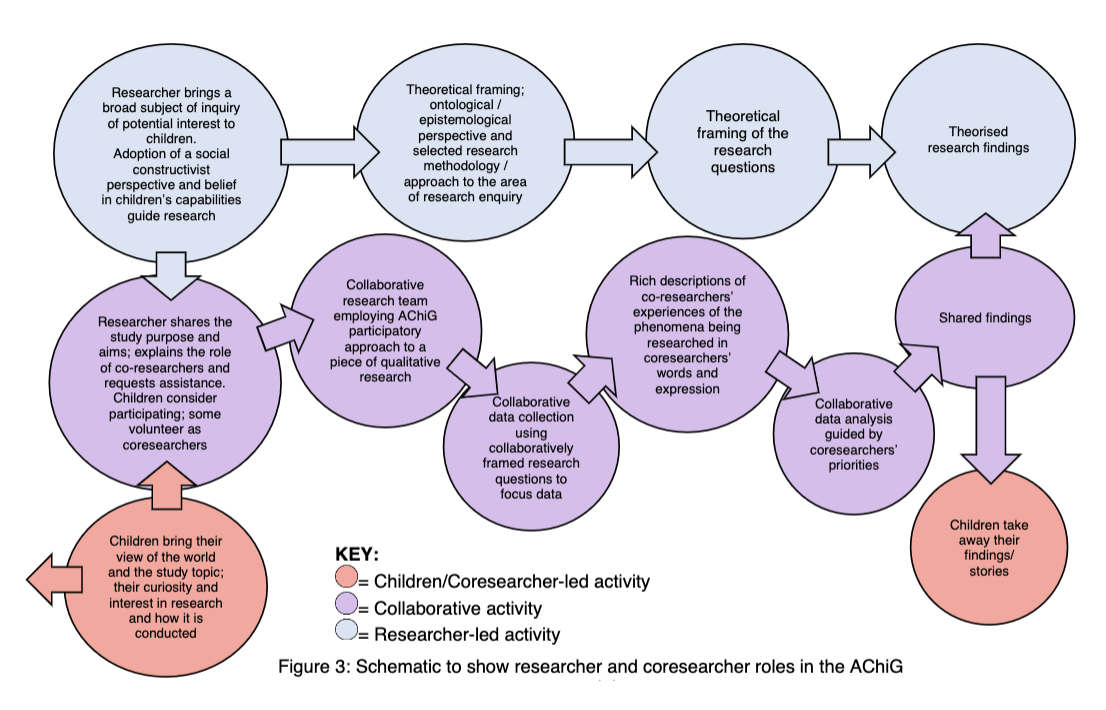
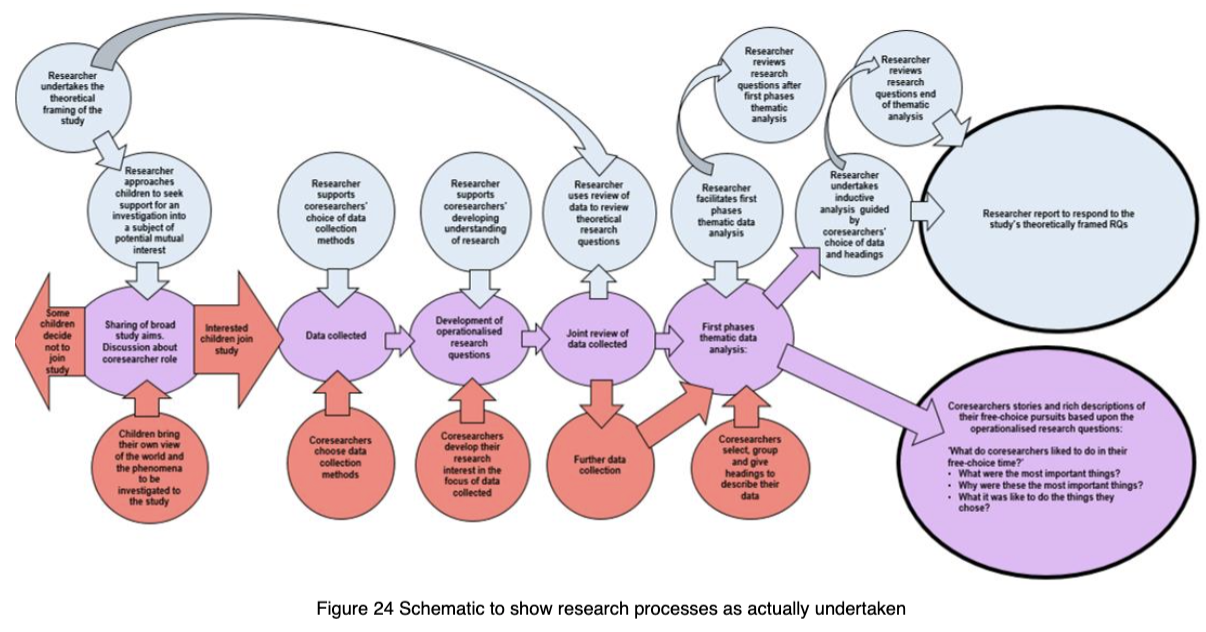

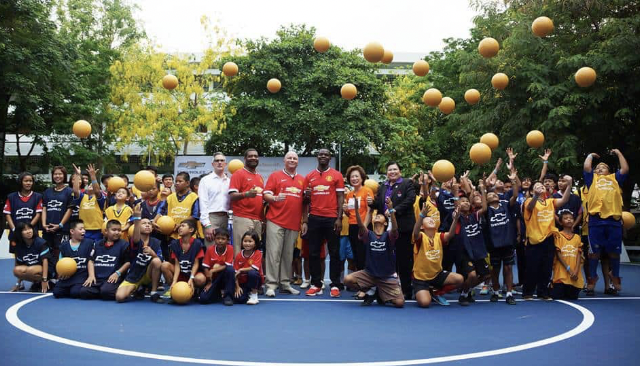 Source: Coaches Across Continents (CAC)
Source: Coaches Across Continents (CAC)